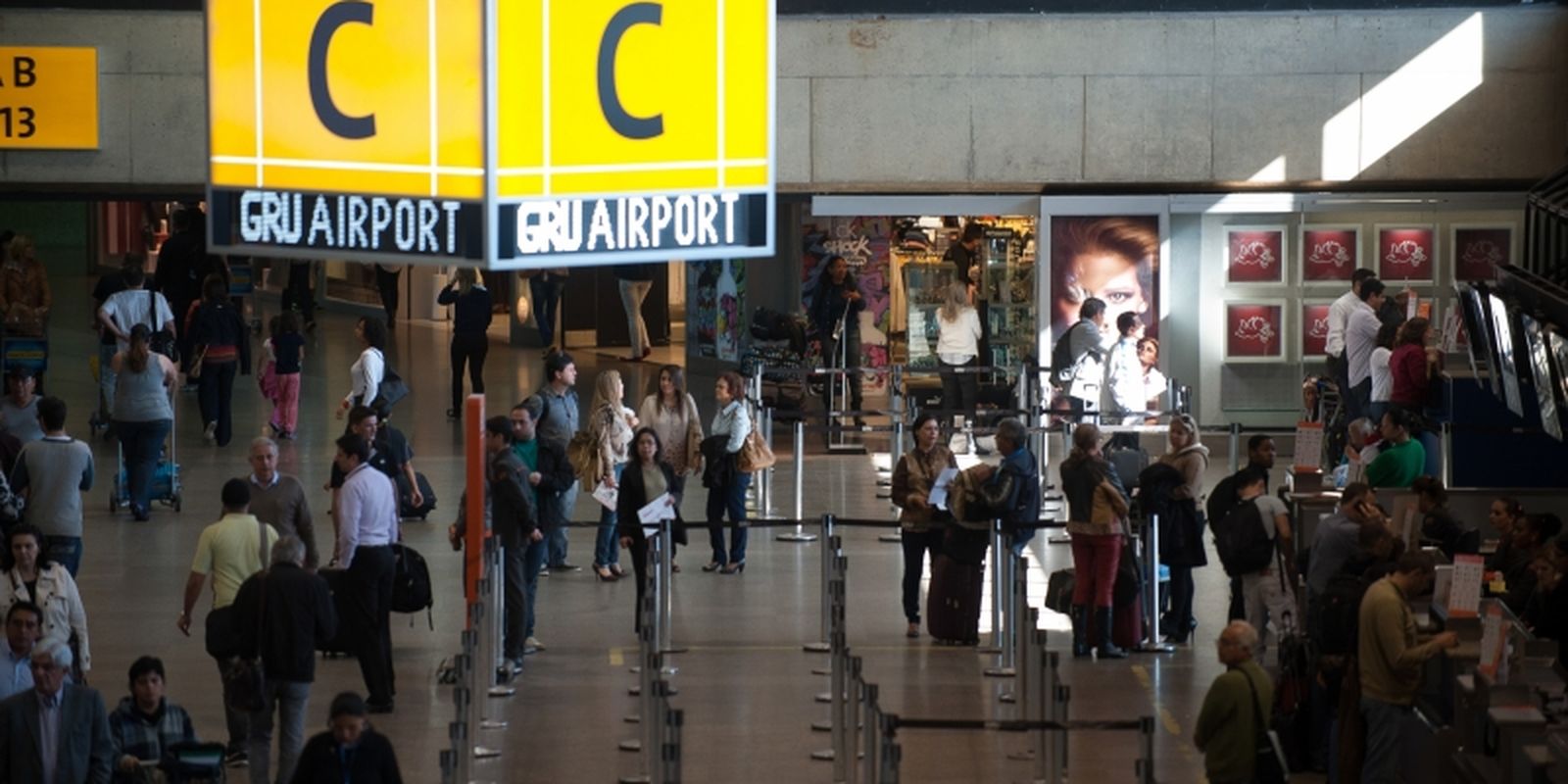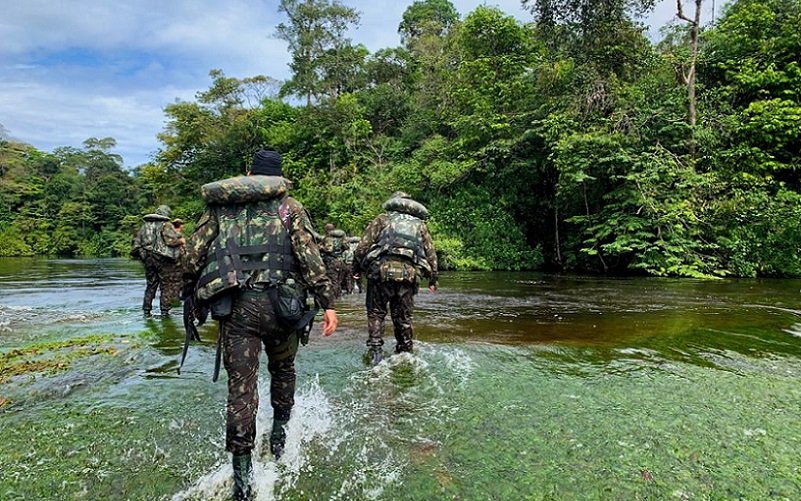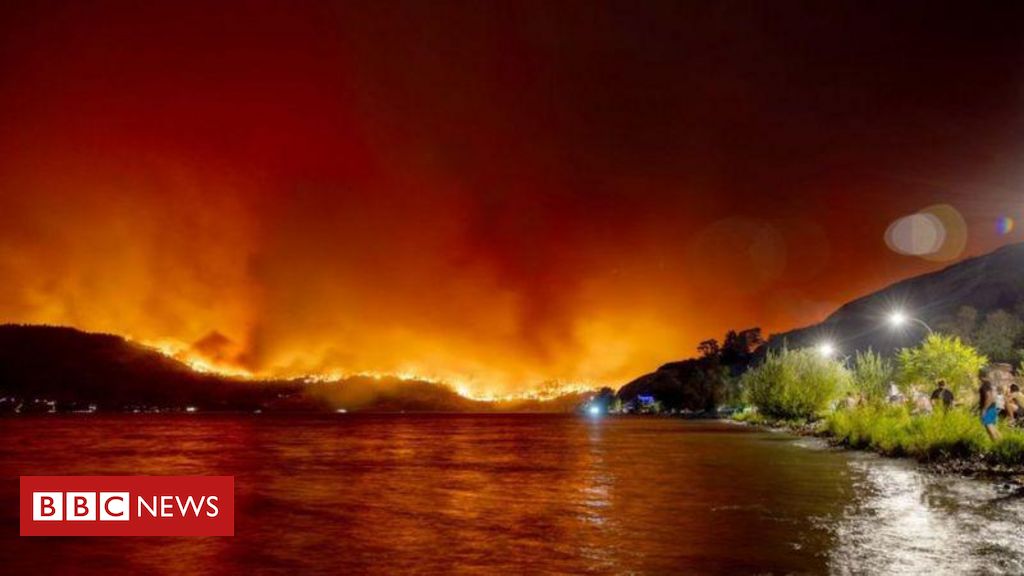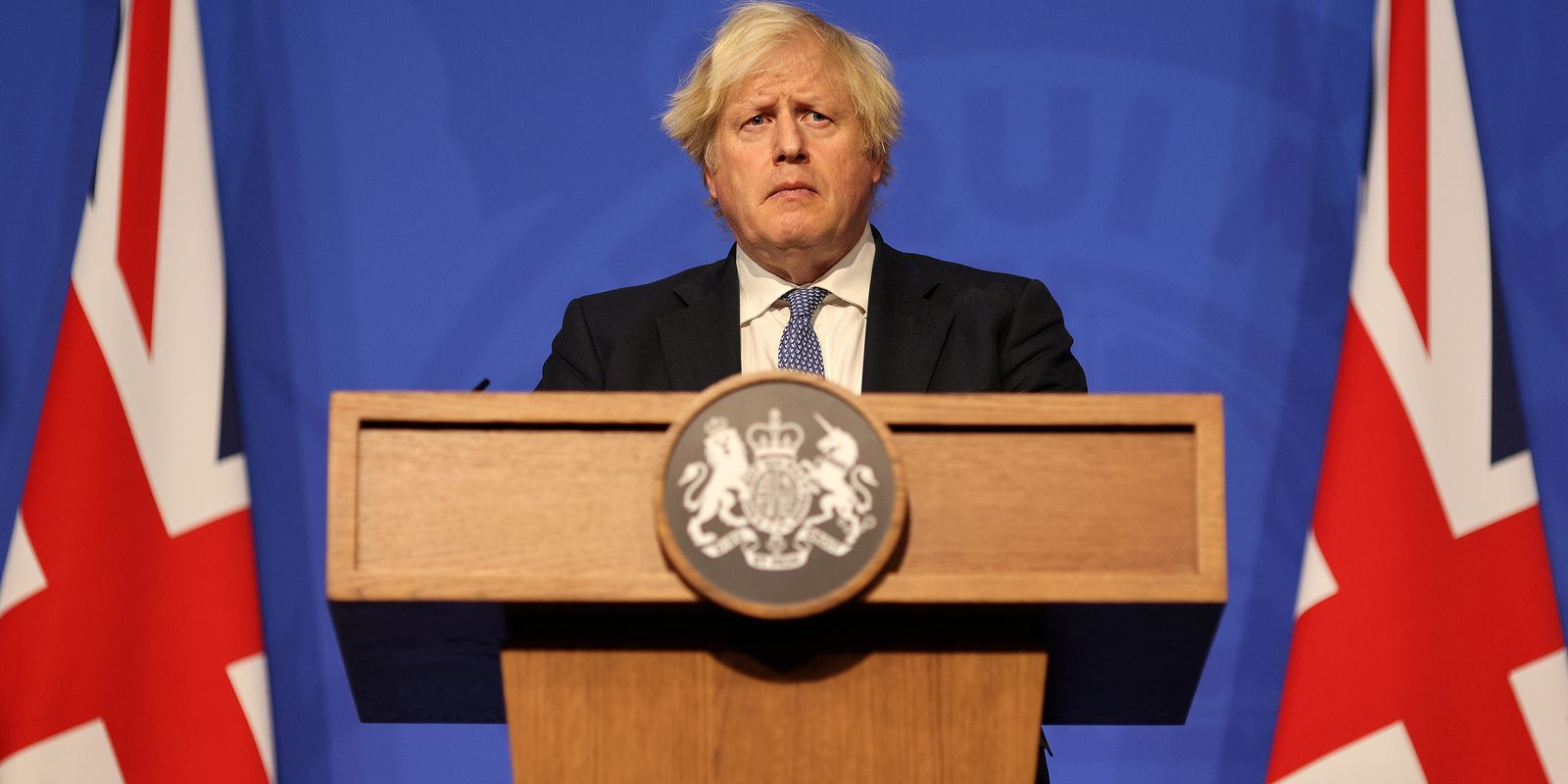Argentina assumes the rotating presidency of Mercosur for the next six months, hoping to rebuild with Brazil the axis of regional integration. President Jair Bolsonaro is not present at the Block Summit being held in Montevideo, Uruguay, this Tuesday (6). The meeting is marked by discussions around the rebellion of Uruguay, which is unilaterally negotiating trade agreements with other countries and blocs. A posture that generates tension in the block.
Argentina assumes the rotating presidency of Mercosur for the next six months, hoping to rebuild with Brazil the axis of regional integration. President Jair Bolsonaro is not present at the Block Summit being held in Montevideo, Uruguay, this Tuesday (6). The meeting is marked by discussions around the rebellion of Uruguay, which is unilaterally negotiating trade agreements with other countries and blocs. A posture that generates tension in the block.
Márcio Resende, RFI correspondent in Buenos Aires
The absence of President Jair Bolsonaro – who sent Vice President Hamilton Mourão in his place – from the top of the bloc illustrates how little importance the current Brazilian government places on foreign policy.
“More than illustrating how Bolsonaro has turned his back on the region, this is yet another example of how he has turned his back on foreign policy,” international analyst Rosendo Fraga told RFI.
“Not going to the climate conference in Egypt (COP 27) last month was to be expected because if I had gone I would have been criticized. But not going to the G20 meeting in Indonesia last month , where I would meet all the world leaders, goes in the direction of their underestimation of foreign policy,” says Fraga, director of the Union Studies Center for the New Majority.
It was President Jair Bolsonaro’s last international engagement before the end of his term. It was an opportunity for Bolsonaro to defend his actions such as the agreement reached between Mercosur and the European Union, the progress of negotiations with Singapore, Canada and Indonesia and the reduction of the common external tariff (CET ) of Mercosur.
Although the agreement with the European Union has not yet been ratified, the other negotiations have not yet been completed and the tariff reduction has been weak, these are achievements, especially in a context affected by the pandemic. It was also an opportunity to say goodbye to Brazil’s main partners.
Ratification of the EU-Mercosur agreement
Mercosur and the European Union reached an agreement in 2019, still without ratification. The European Union says that the absence of an environmental policy on the part of Brazil does not allow the approval of the agreementalthough the text contains specific guarantees in this regard.
Argentine Foreign Minister Santiago Cafiero revealed that “Mercosur has made every effort to conclude with the pending issues”, but that the European Union is showing little flexibility and is presenting new demands that do not were not on the negotiating table when the deal was struck. Closed in June 2019.
These requirements, stressed the Argentine minister, could render the European concessions obtained by Mercosur in the agreement irrelevant. These negotiations will be led by Argentina over the next semester.
For Rosendo Fraga, the arrival of Lula in power should imply an openness to dialogue, closed with Bolsonaro, but this openness does not necessarily lead to a ratification of the agreement.
The analyst believes the deal will hardly be put into practice due to Europe’s demands for lower tariffs that the governments of Brazil and Argentina are unlikely to agree to.
What changes with the arrival of Lula
President Jair Bolsonaro has gradually turned his back on his neighbors. When he came to power, he maintained dialogue only with countries ruled by the right. Then, when those countries became ruled by the left, Bolsonaro stepped down.
With the arrival of Lula, Brazil must again exercise a leadership that sews agreements and is the representative voice of the region.🇧🇷 For Fraga, there will be a substantial change in the area of dialogue and greater valuation of Mercosur, without this necessarily meaning a more operational bloc.
Argentina wants to promote the formal incorporation of Bolivia into Mercosur and the return of Venezuela, suspended for “democratic breakdown” since 2017. But for the analyst, these two incorporations should not take place, since the two countries are not willing to carry out the reforms necessary to integrate Mercosur. Moreover, Uruguay must resist, as well as the Congresses of Brazil and Argentina, where the centre-right is well represented.
Fraga sees Lula reorganizing the Union of South American Nations, UNASUR, and returning to the Community of Latin American and Caribbean States, CELAC. Under the Bolsonaro government, Brazil abandoned these two regional forums.
Uruguayan rebellion
The topics that will be debated by the presidents on Tuesday were analyzed by the foreign ministers of Brazil, Argentina, Uruguay and Paraguay in the last hours, during the preparatory meeting.
The main debate focused on Mercosur’s external negotiation program for free trade agreements with other blocs and countries. The sticking point is Uruguay.
Uruguayan President Luis Lacalle Pou is determined to pursue negotiations unilaterally with other countries, but outside Mercosur. This decision violates the norms of a customs union, which requires common rules.
Uruguay alleges that Mercosur is not moving forward and has become a straitjacket, limiting opportunities for the Uruguayan economy which needs to open up to the world.
Last week, Uruguay formally presented New Zealand with an application to join the Comprehensive and Progressive Treaty of the Trans-Pacific Association (CPTPP), a trading bloc between 11 countries bordering the Pacific Ocean.
The move prompted an official complaint from Brazil, Argentina and Paraguay, including a warning about possible action against Uruguay if a treaty is signed.
Last year, Uruguay had already opened negotiations with China for a free trade agreement, causing friction with Brazil, Argentina and Paraguay.
Uruguayan Foreign Minister Francisco Bustillo accused Mercosur of being an “immobile” bloc, “without agreements with any of the 10 major powers in the world”, while Argentine Foreign Minister Santiago Cafiero warned that the “attitudes unilateral actions” by Uruguay are “worrying” and may lead to an “evasion”.

“Freelance communicator. Hardcore web practitioner. Entrepreneur. Total student. Beer ninja.”







